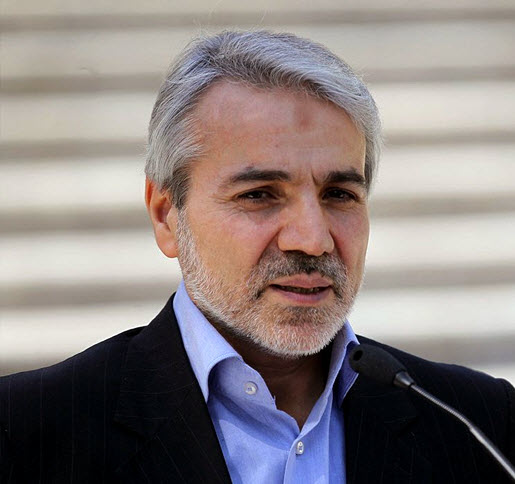May 16-2014

The Iranian government will make cash welfare payments to everyone who registered in recent weeks, the Fars news agency quoted Mohammad-Baqer Nobakht, the vice president for planning, as saying Saturday.
That means 94 percent of the public will be getting welfare payments, well in excess of the goal of cutting payments to the poorest 70 percent of the population.
The announcement by Nobakht was effectively an admission that the government has no way to separate the rich from the poor. It was also an admission of failure to bring the welfare program under control.
The government had used a carrot-and-stick approach to try to discourage the rich from registering for welfare. It ran television announcements with celebrities and athletes saying they didn’t need welfare and asking others who didn’t need the monthly payments of 455,000 rials ($14 at the current open market exchange rate) not to register. At the same time, the government said it would check the application forms that were submitted and fine anyone who had lied about their income and their assets.
Nobakht’s comments indicated the government isn’t even going to bother checking the applications to eliminate people who honestly said they were rich.
It was a major admission of the ineptitude of the state bureaucracy.
If the government had succeeded in pruning the welfare rolls back to 70 percent of the population, it was expected to raise the monthly payments to those remaining on the rolls. Now it appears unlikely the payments will be boosted. Inflation and the rial’s collapse have already whittled the payments down from the equivalent of $43 per person in 2010 to the equivalent of just $14 now.
In 2010, when the welfare system was started, the Ahmadi-nejad Administration had every family fill in a form. It said it would make large payments to the poorest 10 percent and declining payments to each ascending decile, with no payments to the richest 30 percent. But the Majlis overruled that and said every family must get something.
In the end, the government could not figure out how to run such an intricate program with scaled payments and just made equal payments to everyone.
That was still considered an improvement over the old system of subsidies. Gasoline, for example, was dirt cheap, but the rich use far more gasoline than the poor and thus got a much bigger share of the subsidies. The rich also used more electricity, water and other subsidized goods, making a system meant to help the poor into a benefit for the wealthy.
With Nobakht’s announcement, the government will only shave 6 percent off the immense cost of the welfare program, a measurable but nonetheless minor savings that will do little to help bring the national budget back into balance.
